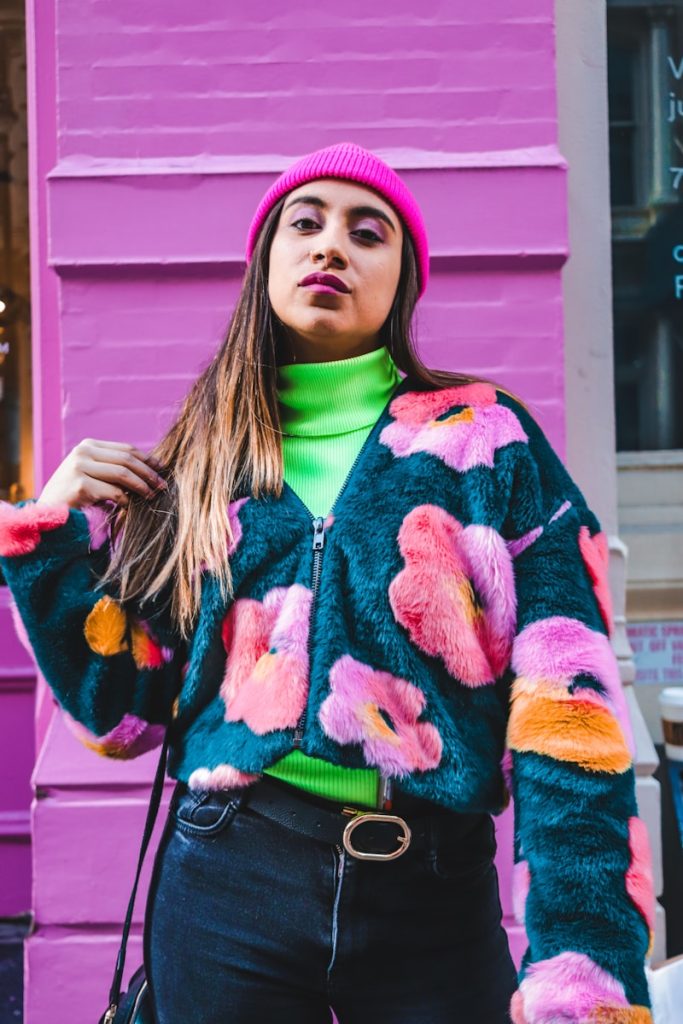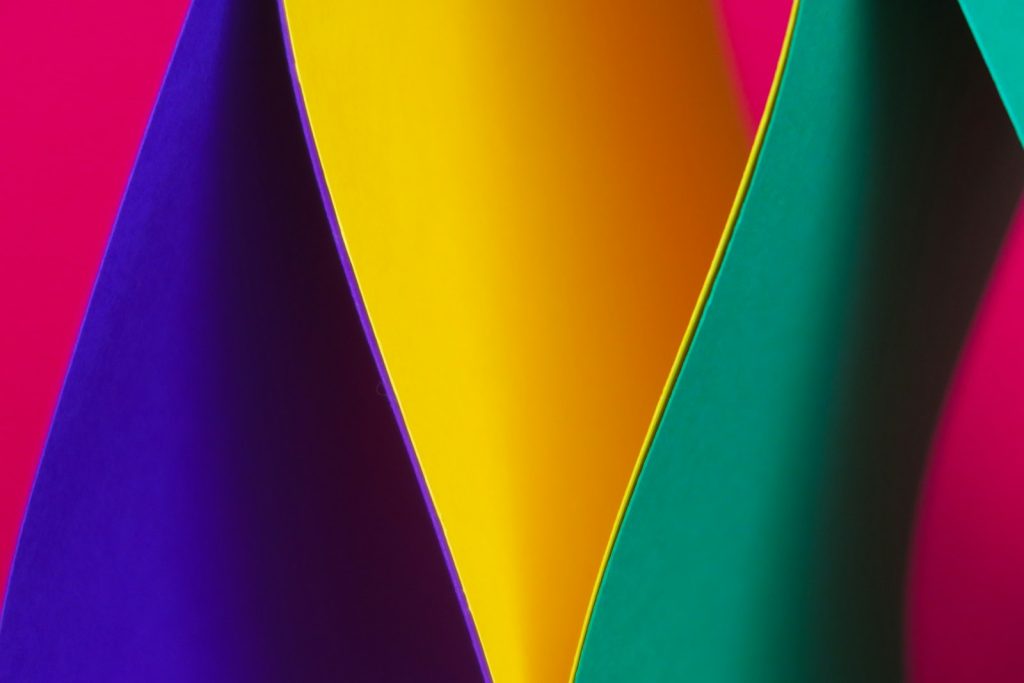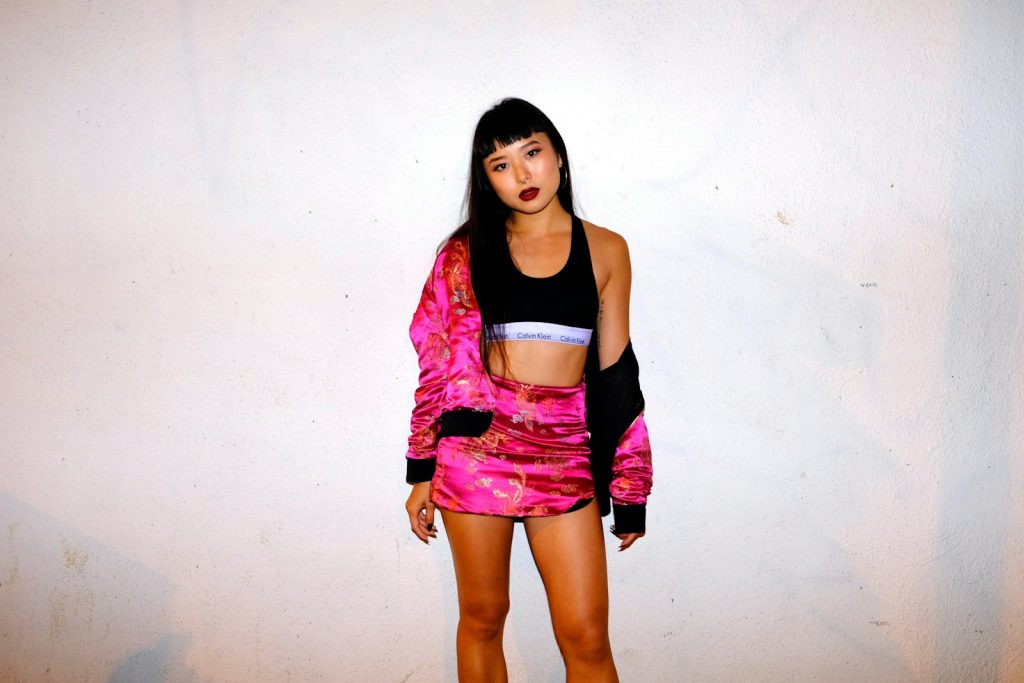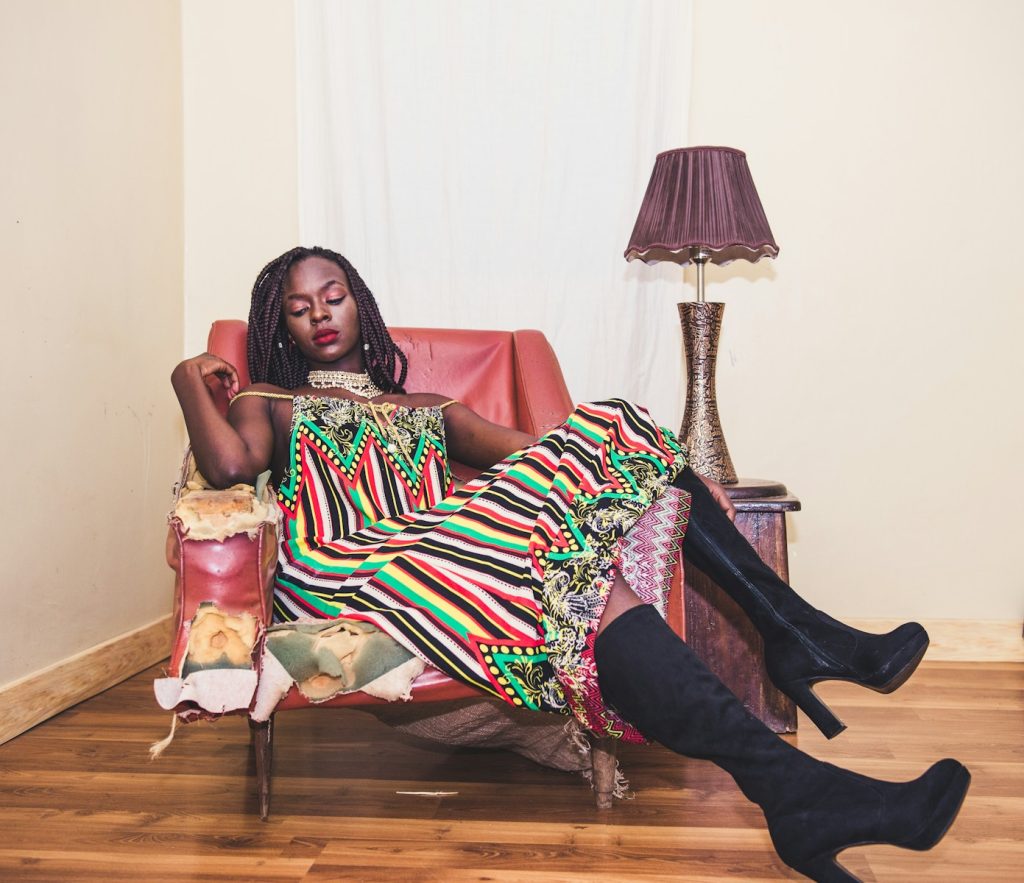🎨 Why Color Theory Matters in Fashion
Color can make or break an outfit. The right shades will light up your face, make your eyes pop, and give you a glow—while the wrong ones can leave you looking washed out or dull.
That’s where color theory in fashion comes in. Once you understand how it works, choosing outfits (and editing your closet) becomes way easier.
🔥 Step 1: Understand Your Undertone
Your undertone is the subtle hue beneath your skin’s surface. It falls into one of three categories:
- Cool: Pink, red, or bluish undertones
- Warm: Yellow, peachy, or golden undertones
- Neutral: A mix of both; hard to categorize
💡 Quick Test:
Look at the veins on your wrist.
- Bluish/purple = Cool
- Greenish = Warm
- Can’t tell? You might be Neutral
🌈 Step 2: Know Your Best Color Palette
🧊 Cool Undertones
Look best in:
- Jewel tones (sapphire, emerald, ruby)
- True reds, icy pinks, crisp whites, and cool grays
Avoid: Earth tones like mustard, orange, and olive
☀️ Warm Undertones
Look best in:
- Earth tones (mustard, olive, rust)
- Coral, camel, ivory, and warm browns
Avoid: Icy shades and very stark white or black
⚖️ Neutral Undertones
Lucky you—you can wear most shades!
Look great in:
- Soft tones like blush, jade, dusty rose, and navy
- Balanced versions of warm and cool colors
🧥 Step 3: Use Color Strategically in Your Outfits
- Highlight your face: Wear your most flattering colors near your face to enhance your natural features.
- Anchor with neutrals: Build outfits with go-to neutrals (black, white, beige, gray) and add color pops.
- Mix with intention: Don’t just throw in color—blend shades that work together using the color wheel: complementary (opposites), analogous (next to each other), or monochromatic (same color family).

👗 Real-World Tip: Try a Color Test
Next time you’re in front of the mirror, hold up different colored tops.
Notice how your skin looks in each—brighter, duller, more vibrant? That’s your skin telling you what works.
🎯 Final Thoughts
You don’t need to ditch all your clothes—but understanding color theory in fashion helps you make smarter style choices. Stick to shades that light you up, and let the rest go (or use them for layering and accessories).



